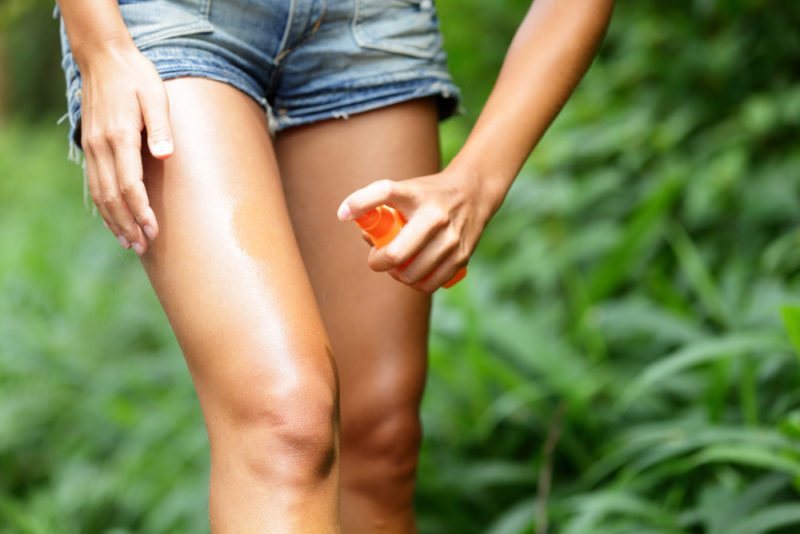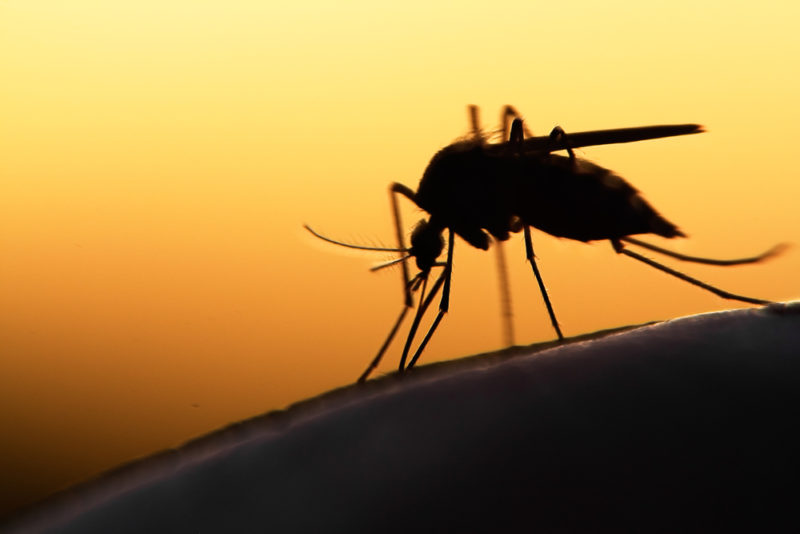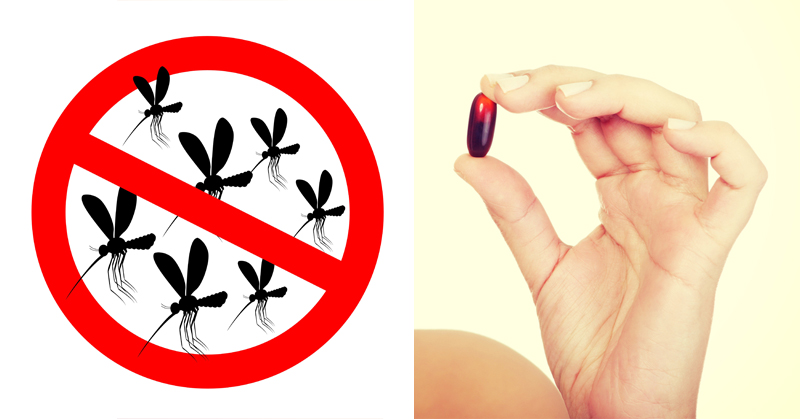While mosquito repellent may seem like the obvious go-to for protecting yourself from itchy bites this summer, some sprays on the market contain toxic chemicals that have dangerous side effects if absorbed into the skin or accidentally ingested. Luckily, there are several more natural approaches to keeping yourself safe from these pesky bugs.

Although researchers have yet to pinpoint what exactly a mosquito looks for when searching for humans to bite, certain odors are thought to be a main culprit. People with high concentrations of steroids or cholesterol on their skin surface attract more mosquitoes, as well as those who produce excess amounts of certain acids, such as uric acid. All of these substances can trigger a mosquito’s sense of smell, leading them to a certain person.
Scientists also believe that people who give off larger amounts of carbon dioxide, such as those who are overweight or pregnant, are mosquito magnets. People would give off more carbon dioxide if they’re outside playing kickball than they would if they were sitting by a fire.
Unfortunately, mosquito bites aren’t just itchy and annoying. Mosquitoes can carry diseases and spread them to humans. Mosquitoes have been known to carry:
- Zika – linked to birth defects
- Dengue – can lead to hemorrhagic fever
- West Nile – causes fever, joint pain, vomiting and rashes
- Malaria – causes fever, chills and vomiting
- Yellow Fever – can cause jaundice, chills and vomiting
- Chikungunya – can cause joint pain, rashes and nausea
- La Crosse Encephalitis – can cause fever and nausea
- Rift Valley Fever – can cause dizziness, weakness and eye damage
- Jamestown Canyon Virus – can cause flu-like symptoms
- Snowshoe Hare Virus – can cause dizziness, vomiting and rashes

With more than 175 known species of mosquitoes in the United States, they aren’t going anywhere anytime soon, so it’s important to learn how to protect yourself from them.
Click ‘Next Page (>)’ to keep reading and don’t forget to SHARE with your Facebook friends









